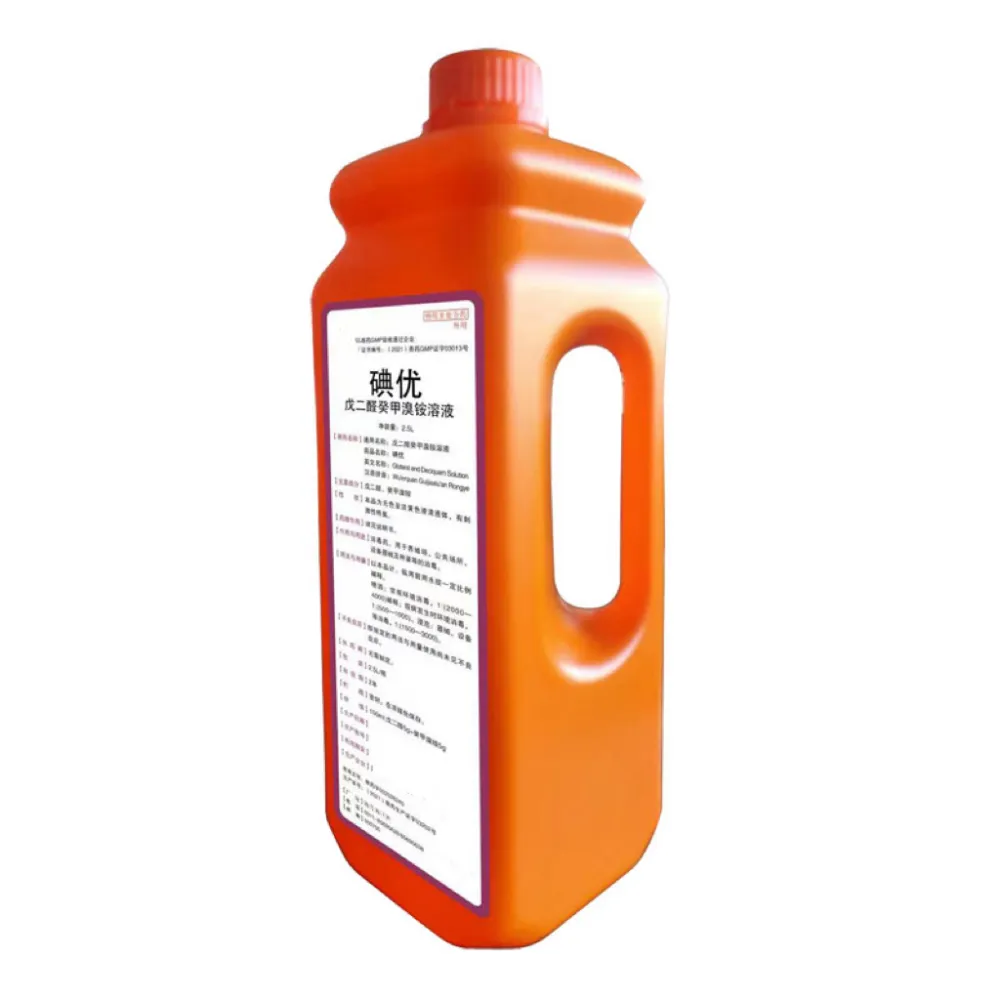- Afrikaans
- Albanian
- Amharic
- Arabic
- Armenian
- Azerbaijani
- Basque
- Belarusian
- Bengali
- Bosnian
- Bulgarian
- Catalan
- Cebuano
- Corsican
- Croatian
- Czech
- Danish
- Dutch
- English
- Esperanto
- Estonian
- Finnish
- French
- Frisian
- Galician
- Georgian
- German
- Greek
- Gujarati
- Haitian Creole
- hausa
- hawaiian
- Hebrew
- Hindi
- Miao
- Hungarian
- Icelandic
- igbo
- Indonesian
- irish
- Italian
- Japanese
- Javanese
- Kannada
- kazakh
- Khmer
- Rwandese
- Korean
- Kurdish
- Kyrgyz
- Lao
- Latin
- Latvian
- Lithuanian
- Luxembourgish
- Macedonian
- Malgashi
- Malay
- Malayalam
- Maltese
- Maori
- Marathi
- Mongolian
- Myanmar
- Nepali
- Norwegian
- Norwegian
- Occitan
- Pashto
- Persian
- Polish
- Portuguese
- Punjabi
- Romanian
- Russian
- Samoan
- Scottish Gaelic
- Serbian
- Sesotho
- Shona
- Sindhi
- Sinhala
- Slovak
- Slovenian
- Somali
- Spanish
- Sundanese
- Swahili
- Swedish
- Tagalog
- Tajik
- Tamil
- Tatar
- Telugu
- Thai
- Turkish
- Turkmen
- Ukrainian
- Urdu
- Uighur
- Uzbek
- Vietnamese
- Welsh
- Bantu
- Yiddish
- Yoruba
- Zulu
10 月 . 13, 2024 00:02 Back to list
Ivermectin Injectable Solution for Swine Health Management and Parasite Control
Ivermectin Injectable for Swine A Comprehensive Overview
Ivermectin, a broad-spectrum antiparasitic agent, is widely recognized for its efficacy in controlling various parasitic infections in animals, including swine. Approved for use in livestock, ivermectin injectable formulations have garnered attention not only for their effectiveness but also for their safety profile and ease of administration. This article delves into the uses, benefits, precautions, and considerations surrounding the injectable form of ivermectin for swine.
Uses of Ivermectin in Swine
Ivermectin is primarily utilized in veterinary medicine for the treatment and control of a wide range of parasitic infections in swine. These include internal parasites such as roundworms and lungworms, as well as external parasites like mites and lice. For swine producers, the management of these parasites is crucial to ensuring the health and productivity of their herds. The injectable formulation allows for direct administration and prompt absorption into the bloodstream, resulting in quicker action against the parasites.
Benefits of Ivermectin Injectable
One of the main advantages of using ivermectin injectable for swine is its rapid action against a variety of parasites
. The injectable form ensures higher bioavailability compared to oral formulations, leading to faster relief and lower parasitic loads. This can translate into improved weight gain, feed efficiency, and overall livestock productivity.Moreover, ivermectin has a favorable safety profile. When administered according to the manufacturer's guidelines, it is generally well-tolerated by swine, with few reported adverse effects. This is particularly beneficial for farmers who aim to maximize productivity while minimizing stress on their animals.
Administration and Dosage
ivermectin injectable for swine

Administering ivermectin injectable to swine typically involves an intramuscular or subcutaneous injection. The dosage may vary depending on the specific formulation used and the weight of the animal, thus it is crucial for producers to follow recommended dosage guidelines provided by veterinarians or the product label.
For most cases, a dose of 200 micrograms per kilogram of body weight is common, but variations may exist based on the specific condition being treated. Accurate dosing is essential to ensure efficacy while minimizing potential side effects. It’s advisable for swine producers to maintain detailed records of treatments to keep track of dosages and administration schedules.
Precautions and Considerations
While ivermectin is considered safe for use in swine, there are precautions that should be taken into account. First and foremost, it is vital to ensure that the correct product is being used, as formulations intended for other animal species may differ in concentration and efficacy. Furthermore, producers should be aware of withholding periods for slaughter to avoid residues in meat products, which can have implications for food safety and marketability.
Additionally, there are concerns regarding the development of resistance to antiparasitic agents. It’s vital for swine producers to implement integrated parasite management strategies, which may include rotating Dewormers and employing good husbandry practices alongside the use of ivermectin. This multi-faceted approach can help mitigate resistance development and promote long-term efficacy against parasitic infections.
Conclusion
Ivermectin injectable for swine represents a vital tool in the fight against parasitic infections that can significantly impact the health and productivity of livestock. With its rapid action, safety profile, and ease of administration, it has become a staple in veterinary medicine for swine producers. However, responsible use, coupled with effective management strategies, is essential to ensure continued efficacy and minimize potential issues like drug resistance. By prioritizing the health of their animals through sound veterinary practices, swine producers can safeguard their herds, optimize productivity, and ultimately contribute to the sustainability of livestock farming.
-
The Power of Radix Isatidis Extract for Your Health and Wellness
NewsOct.29,2024
-
Neomycin Sulfate Soluble Powder: A Versatile Solution for Pet Health
NewsOct.29,2024
-
Lincomycin Hydrochloride Soluble Powder – The Essential Solution
NewsOct.29,2024
-
Garamycin Gentamicin Sulfate for Effective Infection Control
NewsOct.29,2024
-
Doxycycline Hyclate Soluble Powder: Your Antibiotic Needs
NewsOct.29,2024
-
Tilmicosin Premix: The Ultimate Solution for Poultry Health
NewsOct.29,2024













